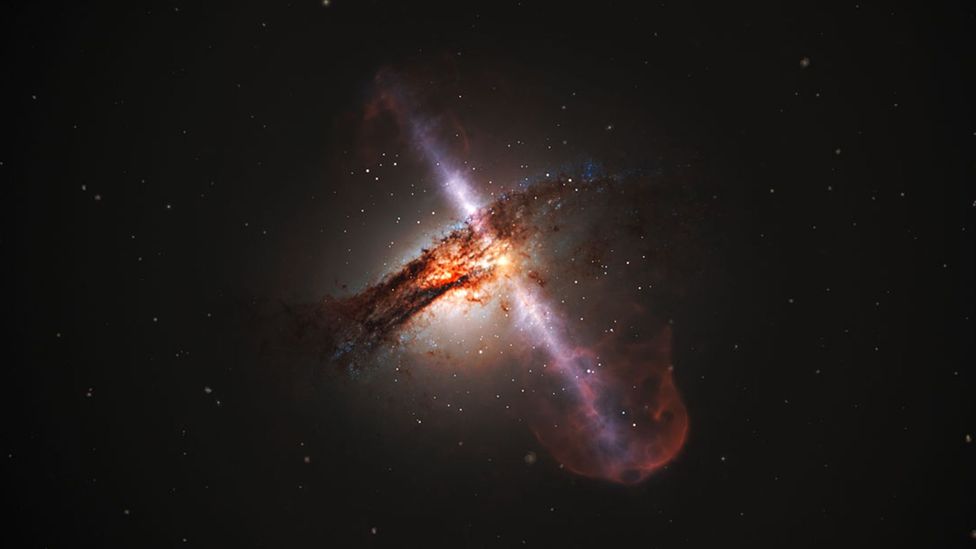This article compares and contrasts the sun and black hole, two of the most powerful forces in the universe. The sun is a star at the center of our solar system, producing energy through nuclear fusion and providing light and heat to planets. The black hole, formed when a massive star collapses, has a gravity so strong that nothing, not even light, can escape. The sun is larger than a black hole, but the black hole has a stronger gravitational pull. The sun has a limited lifespan, while a black hole is eternal. Both forces play essential roles in the universe.
Sun vs. Black Hole: A Comparison of the Universe’s Most Powerful Forces
The universe is full of powerful forces that we cannot comprehend. Two such forces are the sun and the black hole. One bright and giving energy to the entire solar system, while the other sucking matter and energy in towards its center. In this article, we will compare and contrast them and investigate what makes them the most powerful forces in the universe.
What is a Sun?
The sun is the heart of our solar system. It is a star that lies at the center and is the primary source of energy. The sun’s energy comes from the process of nuclear fusion, which occurs deep within its core. Every second, the sun converts millions of tons of hydrogen into helium, producing a vast amount of energy.
What is a Black Hole?
A black hole is an incredibly dense object in space where the gravitational force is so strong that nothing, not even light, can escape. It is formed when a massive star collapses in on itself, becoming so dense that its gravity becomes self-sustaining. The point of no return around a black hole is the event horizon, where the escape velocity equals the speed of light.
Size
The size of a sun is vast, and it is by far the largest object in the solar system. The sun’s diameter is about 1.39 million kilometers, which is more than 100 times that of the Earth’s. A black hole, in contrast, is smaller and is almost impossible to measure directly. Its size is based on the Schwarzschild radius, which is proportional to the mass of the black hole.
Output
The sun is the powerhouse that provides energy to the solar system. It generates energy through the process of nuclear fusion, which provides light and heat to the planets. The sun’s energy output is equivalent to the energy produced by the explosion of 100 billion atomic bombs per second. A black hole, on the other hand, does not emit any energy. It only sucks everything within its event horizon and anything that crosses the boundary is sucked in and never to be seen again.
Life Span
The sun has a finite lifespan, and it has been estimated that we are halfway through it. The sun’s life span is calculated to be about ten billion years, with about five billion remaining. The black hole, on the other hand, is eternal. It can only grow and expand as it consumes more matter.
Conclusion
Both the sun and the black hole are powerful forces in the universe, but their roles are very different. While the sun provides energy and life to the solar system, a black hole sucks in matter and energy. The size of the sun is vast compared to the black hole, but the black hole has a stronger gravitational pull. The sun has a limited lifespan, while a black hole is eternal. In the end, both of these forces are an essential part of the universe and help us understand the mysteries of the cosmos.
